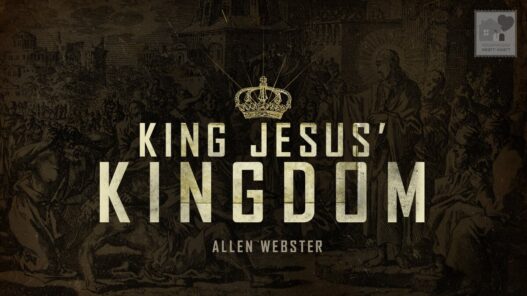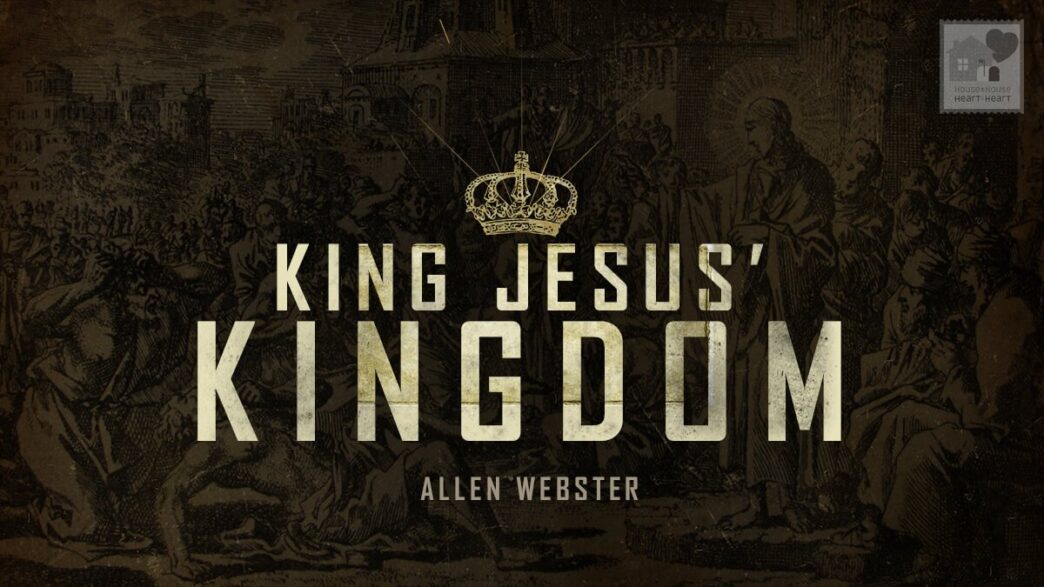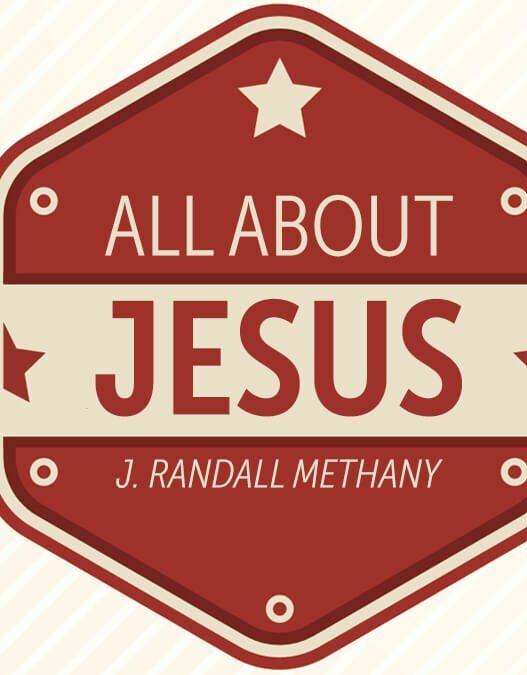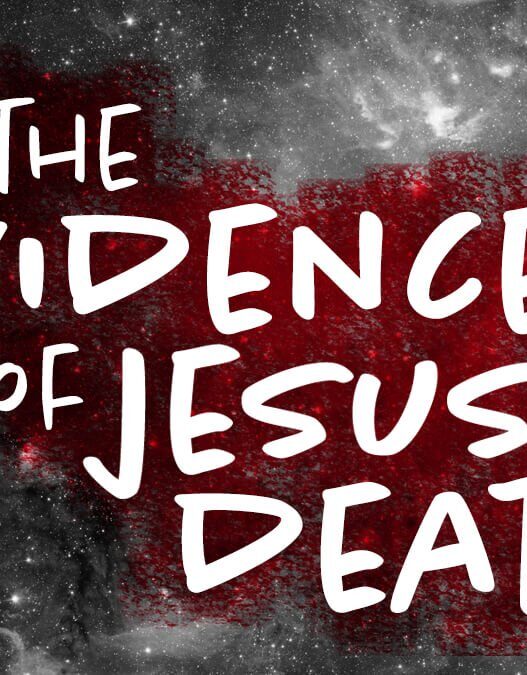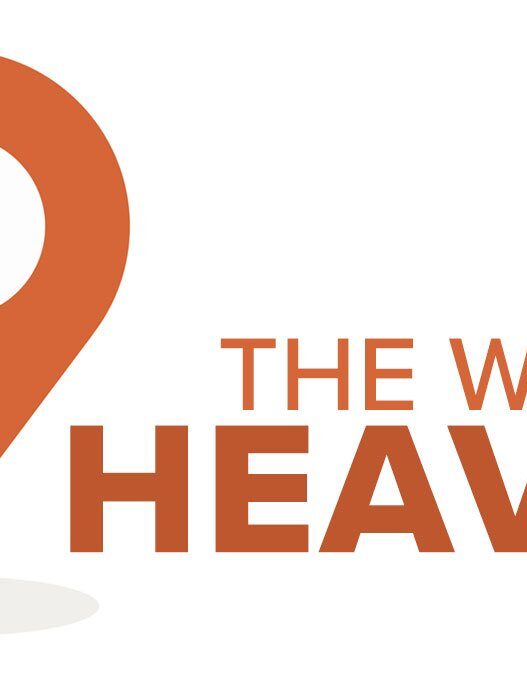Kingdom is found in the Bible 342 times (158 in the New Testament; 127 in the Accounts of the Gospel, 31 in Acts through Revelation).
The kingdom was a popular topic for sermons among New Testament preachers. John, Jesus’ announcer, preached the kingdom (Matthew 3:2). John, Jesus’ apostle, preached the kingdom (Revelation 1:9). Jesus preached the kingdom (Matthew 4:17). The twelve apostles preached the kingdom (Matthew 10:7). The seventy preached it (Luke 10:9). Philip preached it (Acts 8:12). Barnabas preached it (Acts 14:20-22). Paul preached it (Acts 19:8; Acts 20:25; Acts 28:23, Acts 31). James preached it (James 2:5). Peter preached it (2 Peter 1:11). So at least 90 of the early preachers preached the same subject. It must be an important subject for us to preach today.
What is the kingdom?
Kingdom (basileia) in the New Testament means “reign” or “rule.” The term “kingdom of God” is used synonymously by the New Testament writers with “kingdom of heaven” (Matthew 19:23-24; Matthew 4:17; Mark 1:14). In fact, in the Scriptures kingdom refers to the kingdom of God, the kingdom of Christ, and the kingdom of heaven. These phrases do not refer to three different kingdoms, but to the same institution.
- It is God’s kingdom because He planned and promised it (Daniel 2:44).
- It is the Son’s because the Father gave it to Him (Daniel 7:13-14; John 16:15; Philippians 2:9-11; Ephesians 1:20-22).
- It is the kingdom of heaven because it originated there, Christ now reigns over it from there (Acts 2:30-36), and ultimately all the citizens of the kingdom will be united there (John 14:1-3; 1 Corinthians 15:24).
Both “kingdom of God” and “kingdom of heaven” can refer to either the church of Christ on earth or to heaven; the meaning must be determined by the context (Matthew 16:18-19; Hebrews 12:22-28; Luke 22:16-18, Luke 22:29-30; 1 Corinthians 10:16; 1 Corinthians 11:20).
What is the nature of the kingdom?
There are two types of kingdoms—physical and spiritual. The kingdom of Christ is spiritual. It is not of this world (John 18:36). It “cometh not with observation” (Luke 17:20). It “is within you” (Luke 17:21); that is, it rules in men’s hearts.
Since Christ’s kingdom is a spiritual one, a birth different from what is normally required for citizenship is necessary to enter it. Nicodemus was informed that he would have to be born “again” to see or enter the new kingdom (John 3:3,John 3:5). The spiritual kingdom has a physical manifestation. That is, we can see the kingdom in the sense that we can see the people who are members of it, although the world may not recognize them.
God sent Christ to establish a new kingdom and a new covenant (Matthew 3:7-9; Jeremiah 31:31-33; Hebrews 8:8-12). There are four essential elements to any kingdom:
- A King—We have Jesus (1 Timothy 6:14-15).
- A Law—We have the gospel (James 1:25).
- Territory—We have the whole world (Mark 16:15-16).
- Subjects—We are Christians (Colossians 1:13-14).
When was the kingdom established?
The kingdom is now in existence upon the earth, and has been since the time of the apostles. Paul wrote, “Who hath delivered us from the power of darkness, and hath translated us into the kingdom of his dear Son: in whom we have redemption through his blood, even the forgiveness of sins” (Colossians 1:13-14). John was “in the kingdom” before ad 100. (Revelation 1:6-9).
To help pinpoint the exact date of its beginning, let’s back up to the lifetime of Christ. We know that it was not established during Jesus’ personal ministry, for it was then spoken of as being “at hand” or “nigh” (Matthew 3:12; Matthew 4:17; Matthew 10:5-7; Luke 10:9).
Four verses pinpoint the exact time of establishment:
- Mark 9:1: Some listening to Jesus would not die until the kingdom came with power.
- Luke 24:49: Jesus’ disciples were to wait in Jerusalem for the power.
- Acts 1:8: They would receive power when the Holy Spirit came.
- Acts 2:1-4: The Holy Spirit came on the first Pentecost after Christ’s resurrection.
Thus the kingdom was in Jerusalem established on Pentecost Day in the year a.d. 33, as recorded in Acts 2.
This chart helps to establish the exact day the kingdom was set up on earth:
| Before Pentecost | After Pentecost |
|---|---|
| Mark 1:15: Not existing | Colossians 1:13: Existing |
| Mark 9:1: Not existing | Hebrews 12:28: Existing |
| Luke 22:29: Not existing | Revelation 1:9: Existing |
| Matthew 16:18: Will build | Acts 2:47: Added to |
| Luke 22:30: Table in Kingdom | 1 Corinthians 10:21: Table |
| Luke 22:30: Disciples to eat in | 1 Corinthians 11:20: Ate |
| Daniel 2:44: Stand forever | Hebrews 12:28-29 Cannot be moved |
Christ invites you to become a member of the greatest institution on earth, His kingdom (Matthew 11:28-30). As Jesus told Nicodemus, you must be born again, of water and the Spirit (John 3:1-5). This refers to being baptized in water according to the Spirit’s teachings in the New Testament (2 Timothy 3:16-17). The Spirit says one is qualified for baptism when he is a penitent believer who is willing to confess Christ’s deity (Acts 8:35-40; cf. Luke 13:3; Acts 2:38; Acts 22:16).
Jesus is offering citizenship in His kingdom right now. Won’t you take Him up on it?

